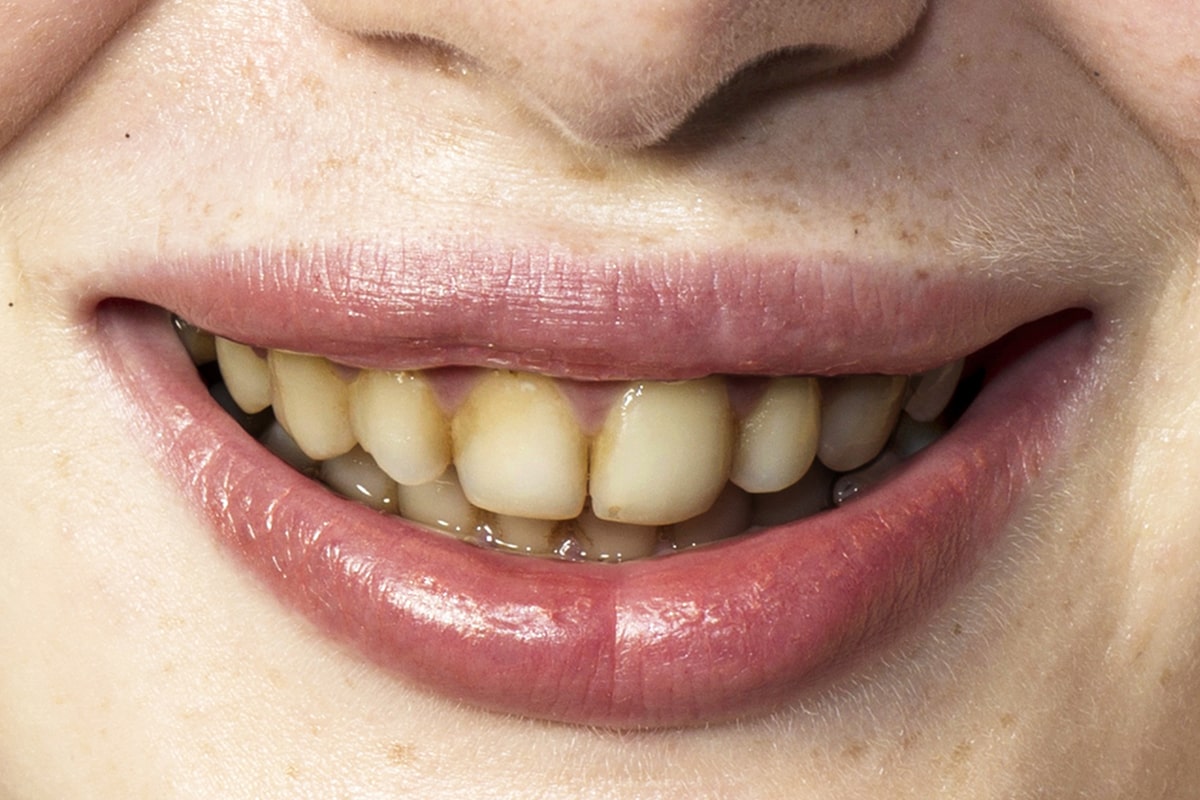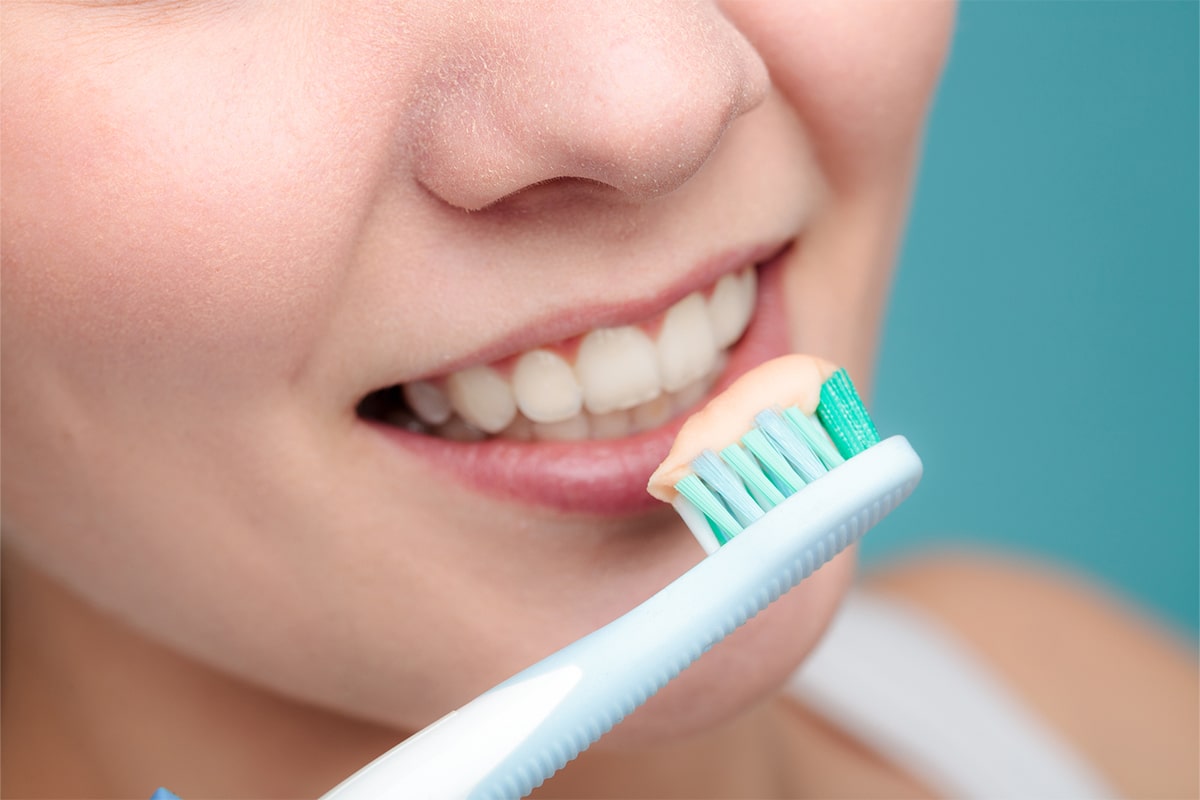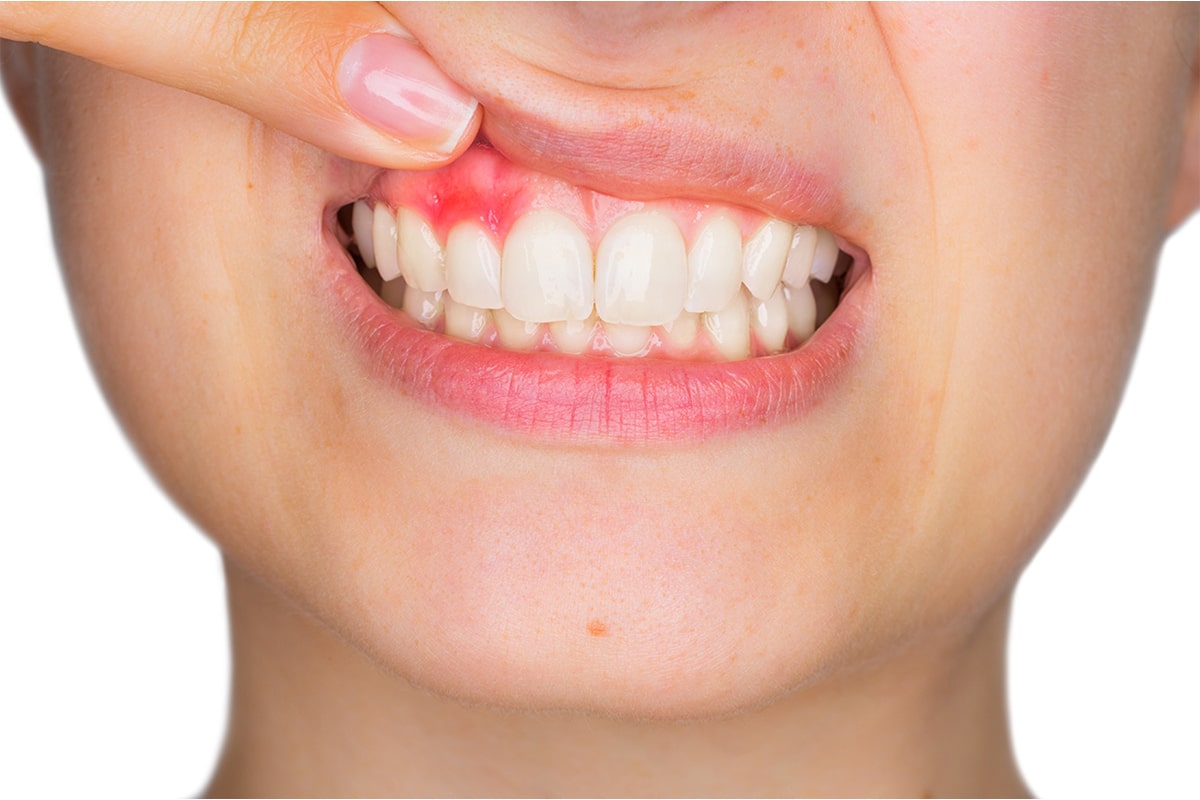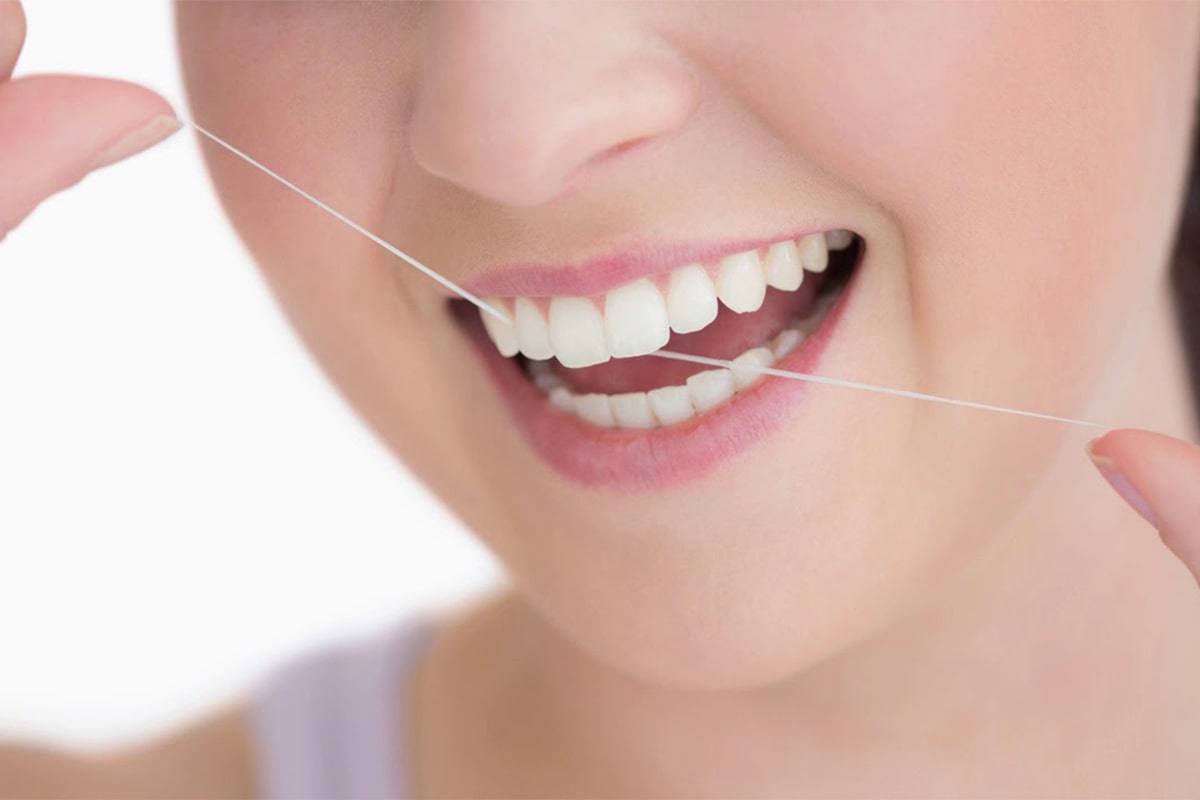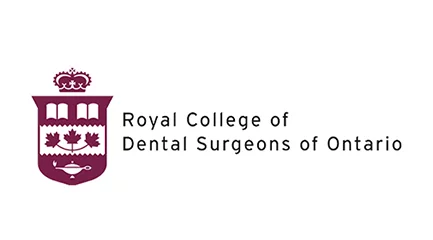Black teeth can appear for many reasons. Dark spots may begin with decay or cavities, and various foods and drinks can also leave behind color, causing teeth to turn black. Teeth get their color due to the large amount of calcium in the surface layer, known as enamel.
Over time, elements left behind by foods and beverages may cause teeth to appear gray or yellow. However, if teeth start turning black, seeing a dentist as soon as possible is essential. In this, we are going to discuss the following:
WHY DO TEETH TURN BLACK?
The darkening of teeth typically results from two types of causes: extrinsic or intrinsic damage.
- Extrinsic: This refers to damage from external sources. It can be caused by factors like tartar, stains, or damage affecting the outer enamel of the teeth.
- Intrinsic: This type of damage starts from within the tooth and works its way outward. It occurs when an internal problem causes decay or damage.
Teeth generally do not turn black overnight; it happens gradually. It’s important to visit a dentist before the damage becomes too severe. Here are some common extrinsic and intrinsic causes of dark teeth:
- Cavities: Bacteria eat away at the enamel, creating tiny holes that can appear dark.
- Dental restoration: Crowns and fillings, especially those containing amalgam or silver sulfide, can cause teeth to turn black.
- Staining: Drinks like tea and cola can stain teeth over time.
- Medications: Certain medications, such as liquid iron supplements, can cause staining.
- Tartar: This is a hard layer of plaque that builds up on teeth, sometimes appearing black.
- Tobacco: Smoking or chewing tobacco can cause significant tooth discoloration.
In some parts of the world, black teeth are considered attractive. In the past, women from countries like Japan, Laos, and Vietnam painted their teeth black. While the practice is no longer common, some older women in these regions may still have black teeth.
SYMPTOMS OF BLACK TEETH:
The symptoms of black teeth can range from mild to severe, depending on the underlying cause. These symptoms may include:
- Discoloration ranging from dark brown to black, affecting one or more teeth
- Tooth sensitivity or pain, especially when consuming hot or cold food and beverages
- Bad breath or a bad taste in the mouth
- Redness or swelling in the gums surrounding the blackened tooth
TREATMENT FOR BLACK TEETH:
It is usually impossible to remove black stains on teeth at home. Over-the-counter teeth whitening products may help with light discoloration, but black teeth typically require professional treatment. A dentist will do an oral examination of the teeth to determine the root cause and recommend appropriate treatment.
- If Tartar Is the Cause: If tartar buildup is the culprit, the dentist will remove it, usually by scraping it off the teeth. They may also use ultrasonic tools that vibrate to break up the tartar, making removing it easier.
- If Decay Is the Cause: If tooth decay is causing the black appearance, simple cleaning won’t help. The dentist will need to remove the decayed part of the tooth. In cases where the decay is confined to a small area, a filling or crown may be sufficient. However, if the decay has affected large portions of the tooth, the dentist may need to remove the decayed tooth altogether.
WHAT IS THE PERFECT TIME TO REMOVE?
Sometimes, a dentist has to remove teeth that are black. When tooth decay occurs on one tooth, the dentist may be able to remove the affected part and seal the gap with a crown. When the decay spreads to large portions of the tooth, the dentist will be able to remove the decay completely and then place a crown on the dental surface.
If the tooth’s damage is severe enough to be repaired by filling or crowning The dentist may have to remove the entire tooth.
TOOTH DISCOLORATION IN CHILDREN:
Yes, children and babies may also develop tooth discoloration in some instances. Little children are often subject to numerous bumps and scrapes during play which is why it’s not uncommon for them to scrape their teeth. This can result in teeth turning dark since the tooth is basically injured from the inside. But milk teeth typically recover from minor bruises and revert to their normal color over time.
If the damage is more serious, particularly if it results in cracks or chips that expose the inner part of the teeth, this could cause nerve loss and infection and can be extremely painful. If your child’s teeth start becoming gray or black and they’re experiencing pain around their tooth, book an appointment with your child’s dentist immediately. The sooner you can treat the issue the better chance there will be that your tooth will be saved.
Because milk teeth will eventually fall out, making way for adult teeth, it may be thought that having a decayed milk tooth taken out wouldn’t affect your child in the least. But missing and damaged milk teeth could affect their alignment, spacing and overall health of the adult teeth of your child. It’s safer instead of sorry. Get your child to the dentist when you can to evaluate the severity of damage and determine how the tooth can be repaired.
ARE BLACK TEETH PAINFUL?
When the nerves in the inner layer of a tooth are damaged or dead due to decay or injury, they stop supplying blood to the tooth, causing it to darken. Discoloration is often the first sign of a dying tooth, but many people also experience pain in the tooth or gums. As the discoloration worsens, the pain may intensify until the nerve dies, turning the tooth black.
However, not everyone feels pain—some experience mild discomfort, while others may have severe pain. If left untreated, the remaining tissue in the black tooth may become infected, leading to gingivitis and pain around the tooth’s root. If the infection progresses, it can form an abscess, causing continuous throbbing pain, difficulty eating, and trouble focusing or resting. To avoid these complications, schedule a dentist appointment as soon as you notice symptoms of a dying tooth, especially if it’s painful.
ARE BLACK TEETH A SIGN OF ORAL CANCER?
Black teeth alone are typically not a sign of oral cancer. However, if dark patches or spots appear along with black teeth, especially small black triangles inside the cheeks or on the lips, this could indicate mouth cancer. If you notice these signs, seeking dental advice immediately is crucial.
HOW TO PREVENT BLACK TEETH: TIPS FOR MAINTAINING ORAL HEALTH
1. MAINTAIN ORAL HYGIENE
Follow a regular oral hygiene routine to keep your teeth, gums, and overall oral health in optimal condition. Brush your teeth twice daily for at least two minutes with fluoride toothpaste, which strengthens enamel and protects against decay. Be sure to replace your toothbrush every three months for maximum effectiveness. Consider using a tongue scraper to remove plaque and bacteria that can cause decay and bad breath.
2. TAKE CARE OF YOUR GUMS
Gum health is vital to preventing black teeth, as plaque buildup can lead to gum disease. Use a soft-bristled toothbrush to gently brush around the gum line, and watch for signs of gum disease, like red or swollen gums, bleeding during brushing or flossing, and gum recession. Regular visits to your dentist for exams and professional cleanings will ensure that any potential issues are detected and treated early.
3. USE MOUTHWASH FOR EXTRA PROTECTION
Mouthwash can be a practical addition to your oral hygiene routine. It kills bacteria, reduces bad breath, and rinses away food particles. Choose a mouthwash that contains fluoride to strengthen your enamel further and protect against decay.
4. FLOSS DAILY
Flossing is essential for removing food particles and plaque from between teeth and under the gumline, areas your toothbrush can’t reach. By flossing daily, you reduce the risk of gum disease, decay, and other oral health issues that could lead to black spots on your teeth.
5. LIMIT STAINING FOODS AND DRINKS
Certain drinks and foods, such as coffee, tea, red wine, and dark sodas, can stain teeth. Similarly, foods like berries and tomato sauce can cause tooth discoloration. By reducing your intake of these items, you can help prevent dark or black spots from forming on your teeth.
WRAPPING UP:
A dentist can determine whether a tooth is turning black due to tartar buildup, staining, or decay. Regardless of the cause, professional help is required to treat blackened teeth. Practicing good dental hygiene can help prevent black teeth. Once treated, maintaining oral health will prevent further discoloration. Visit Ingersoll Dental for regular checkups and treatment to ensure your teeth stay healthy and bright.

